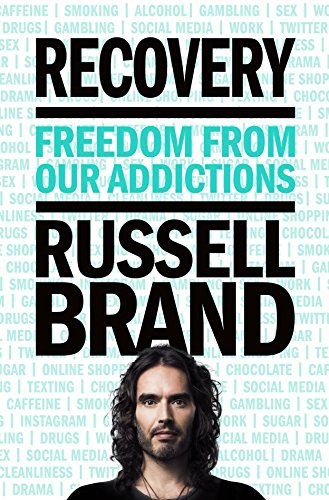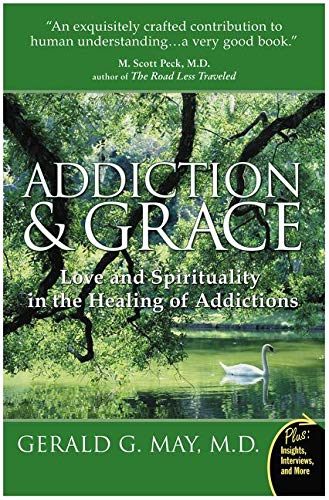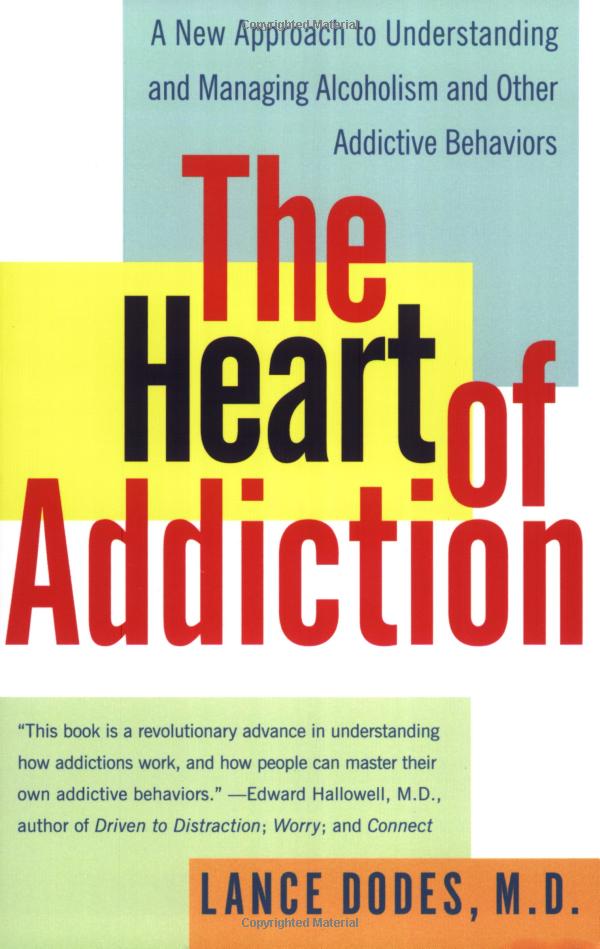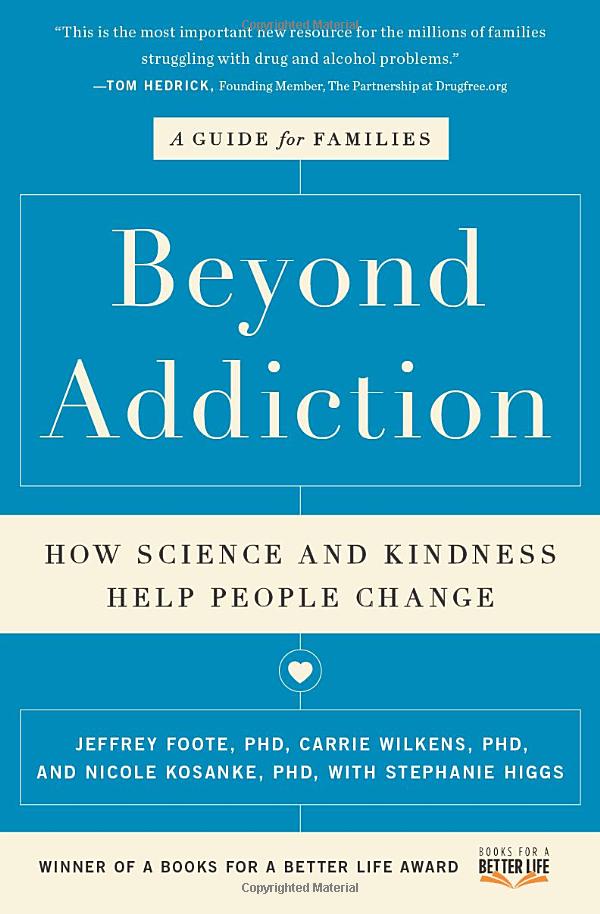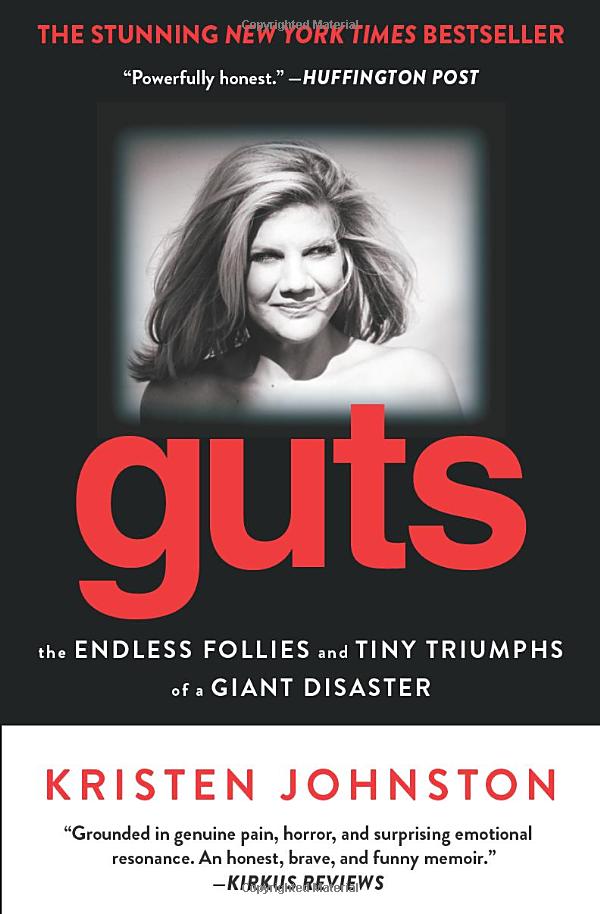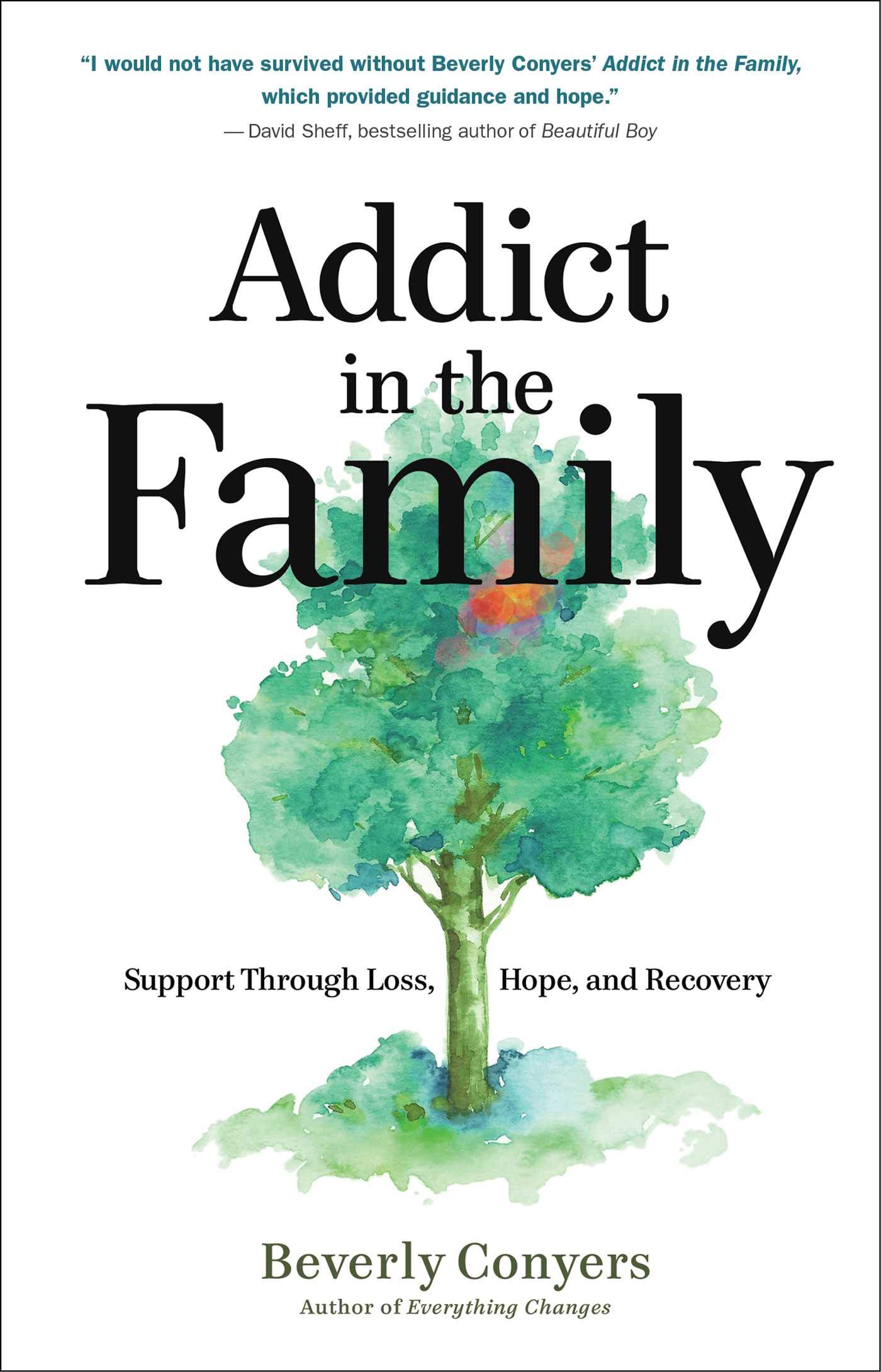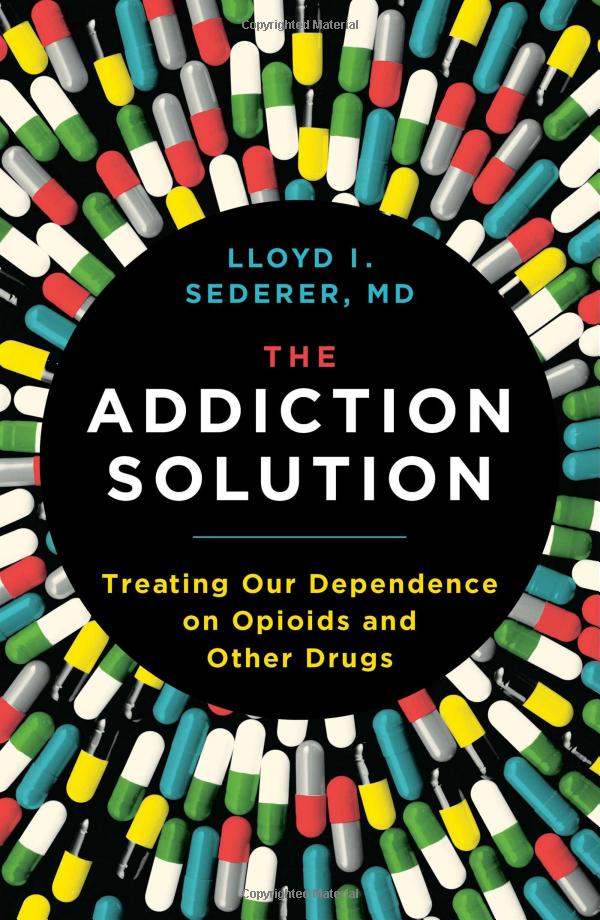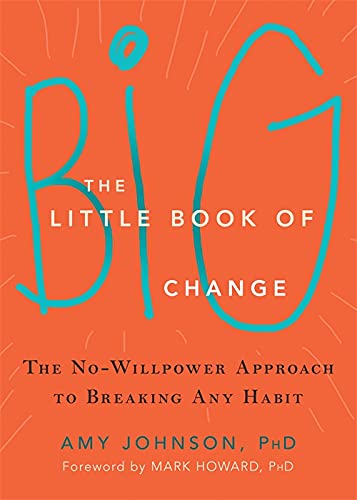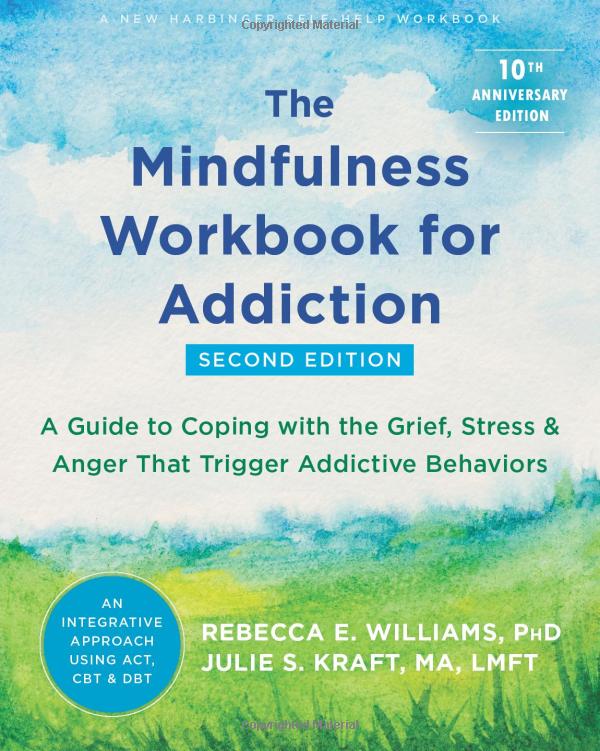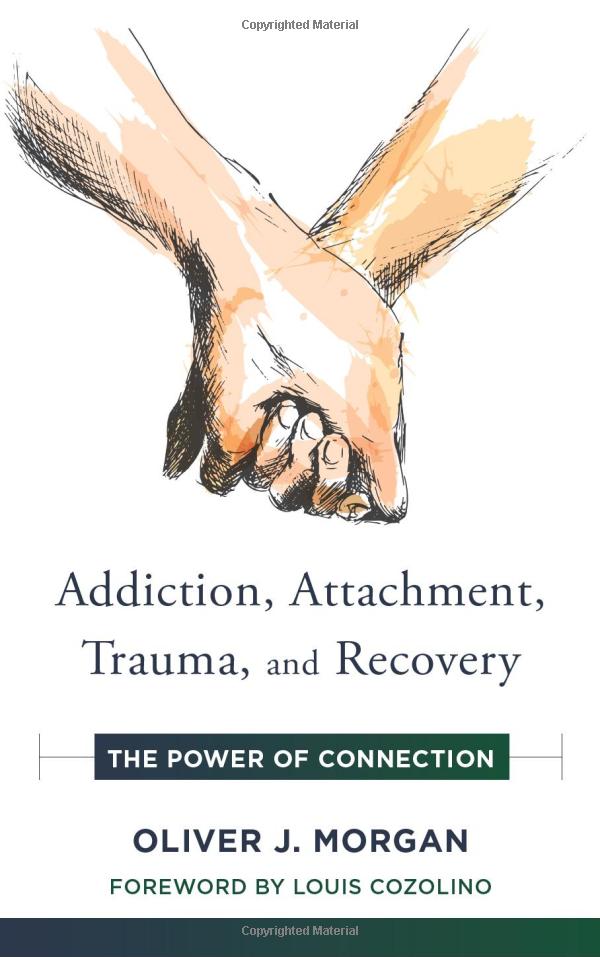Addiction recovery can be a challenging journey often fraught with seemingly insurmountable obstacles. Those who are courageous enough to take the first step towards recovering from their condition moe often than not gain a newfound appreciation for life and insight into their own inner workings as a result. Mark Manson once wrote, “The desire for more positive experience is itself a negative experience. And, paradoxically, the acceptance of one’s negative experience is itself a positive experience.” [The subtle art of not giving a F@$k]
This quote very much encapsulates the essence of what it means to be an addicted to somthing and then to finally overcome that addiction one has to go through the sticky stuff to actually see the other side. For many, the desire to escape negative experiences is what leads them to drugs in the first place, but using those expereices as a foundation in recovery is actually what the mind requires to “get over it”.
Marks book outlines a lot of how we fail to see that their pursuit of ever-increasing levels of happiness actually only generates a feedback loop that leads to more suffering.
Hunter S. Thompson, famously wrote about his vivid experiences with various mind-altering substances but also how they ultimately the drugs left him feeling empty and unfulfilled which is not realy portrayed in the infamous movie.
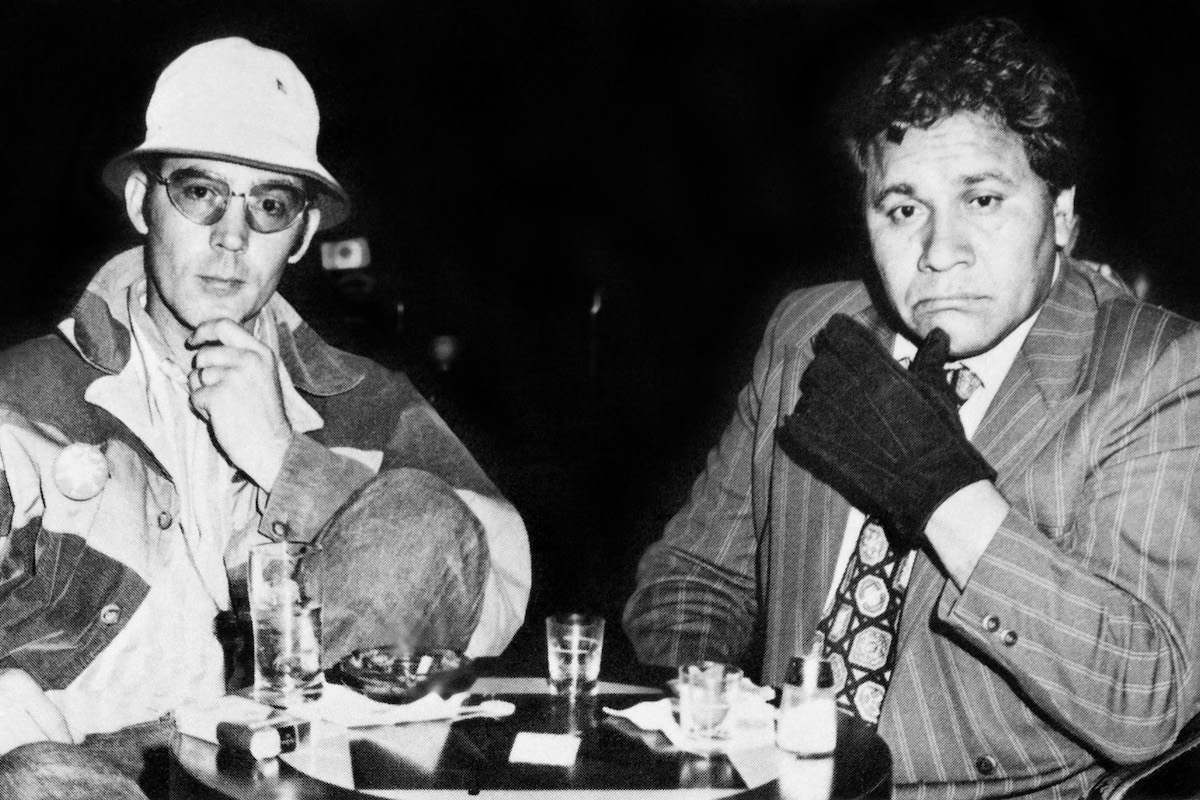 The classic quote “I hate to advocate drugs, alcohol, violence, or insanity to anyone, but they’ve always worked for me.” The problem is that addictions do work to avoid the pain but they certainly don’t fix the problem, the problem follows you around and comes out in other forms. Hunters statement is as humorous as it is tragic, the point that relying on drugs as a crutch to get through life doesn’t work long-term for anyone. The stark reality is that in spite of Hunters literary genius, he never saw his recovery and ended up taking his own life. Kidding yourself that addiction is “working” for you is simply another way of avoiding personal growth.
The classic quote “I hate to advocate drugs, alcohol, violence, or insanity to anyone, but they’ve always worked for me.” The problem is that addictions do work to avoid the pain but they certainly don’t fix the problem, the problem follows you around and comes out in other forms. Hunters statement is as humorous as it is tragic, the point that relying on drugs as a crutch to get through life doesn’t work long-term for anyone. The stark reality is that in spite of Hunters literary genius, he never saw his recovery and ended up taking his own life. Kidding yourself that addiction is “working” for you is simply another way of avoiding personal growth.
Julius Caesar once said “It is easier to find men who will volunteer to die, than to find those who are willing to endure pain with patience.” Et tu, Brute.
But what does it take to end the “spiral of addiction” and drag onself from self destruction into a life of meaning?
Individual introspection is the only realistic starting point. Self reflection or an inward look at all your thoughts, emotions, judgments and perceptions and all those things that could be holding you back or driving in the wrong direction.
It could be the realisation that drugs / alcohol / porn / shopping etc are only a short-term solution and that in order to move forward, one must confront one’s inner workings.
The bandwagons
It could be many things but your truth is your truth, so you have to decide on your own bandwagon. Here’s a list of the most common personal bandwagons that people use to base their introspections.
- You could realize that your addiction was a symptom of a deeper issue, such as trauma, anxiety, or depression
- You could learn to take responsibility for your own actions and choices, rather than blaming external factors for your addiction
- You could discover new coping mechanisms that help you deal with stress and emotions in a healthy way
- You could realize the importance of self-care and self-compassion, and learn to prioritize their own needs
- You could learn to set healthy boundaries with others and develop more fulfilling relationships
- You could discover new passions and interests that give your life meaning and purpose beyond your addiction
- You could develop a stronger sense of empathy and compassion for others who are struggling with addiction
- You could become more resilient and better equipped to handle life’s challenges without turning to drugs or alcohol
- You could realize that recovery is not a linear process, and that setbacks and relapses are a normal part of the journey
- You could develop a greater sense of self-worth and self-love, and learn to value themselves for who they are, not just for their sobriety
- You could accept the Lord as your saviour and ask him to rid you of all your problems
- You could go see a therapist and tell them about all the bits and pieces of your life until you figure out a better way to live it
Of course, this is all bollocks; we tend to take on only what interests / and serves us at the time or what we have been programmed to think; The point is that you need to decide on your first bandwagon you believe in at the time and then ride it for as long as it serves you or for as long as you need to get the clarity you require at the time.
Just be a little less judgy about the bandwagons that other people choose as their own – Keep in mind that their path may be serving them in ways that you may never understand as yours may indeed be interestingly different to their world views.
That said, once you come to your own conclusions and begin implementing your own new strategies for your own recovery and you will begin to see that things get easier.
We are naturally able to develop new coping mechanisms that help us deal with our own stressors and our own emotions in a healthy way – but you also need to let that happen. Gaining the understanding of the underlying causes for your addiction provides you clarity and a platform on how you can starting to address shortfalls in a way that is most meaningful to you.
Developing a stronger sense of your real self through introspection or self reflection. These are more are more than just quippy words on a blog. These are tools that help you to resist the drive back to those old coping mechanisms and it’s only at the coalface that you can see how many of the tools you can put into practice.
Talking of practice, we all learn by practising – anything and practicing being yourself is no different. Ofcourse with practice comes the ability too set healthy boundaries, prioritise self-care and cultivate the right relationships and hobbies etc etc etc all that stuff that therapists tell you.
But in real terms that means practicing recovering from an addiction is the bandwagon ride along with its ups, down and a few kick you when you are downs for good measure.
If you don’t start to prepare (practice) yourself for kickdowns and change tactics it’s going to be a long ride. We learn to weather the storms by remembering that none of this is a permanent it’s all open to change, adaption, learning about yourself.
Opening ones mind to the possibility that even you could be wrong about a few things, is really how that introspection begins – listening to others and listening to yourself – observing your thoughts. There is no black and white, only grey versions of our many pre-formed truths.
Whatever the realization may be, the key is to use it as a catalyst for change.
It is not sufficient to merely acknowledge the problem; action must be taken to address it in order to solve it. This may involve seeking professional help, joining a support group, or making lifestyle changes that promote sobriety and wellbeing.
One important realization that many former addicts come to is that they are not alone.
It’s important to remember that you’re not alone in your fight against addiction; millions of people worldwide face similar challenges. Individuals can find the support and encouragement they need to keep going when they network with others who have been through similar experiences.
Knowing that sobriety is a process rather than an endpoint is also crucial. There will be both adversity and success along the way. But people can continue to grow and make progress towards their goals if they dedicate themselves to the process.
While recovering from drug dependency is a long and arduous process, it is possible. Individuals can begin the recovery process by having a “aha!” moment in which they realise something important about themselves and their addiction. Addicts who have overcome their addiction and are ready to start living a life of meaning can do so with hard work, support, and an honest approach to their problems. “The path to a happy life is through being honest about yourself and your life,” Mark Manson once wrote. Even if the road ahead is long and arduous, addicts can take it.
The field of addiction recovery is often viewed through a myopic scope, with an emphasis on tried-and-true methods that may not work for everyone. We are told that abstinence is the only way to beat addiction and that relapsing is a sign of weakness. What if, however, we rethought addiction treatment from the ground up? What if, instead of merely trying to stay drug-free, we worked to improve each individual’s sense of development and well-being?
The truth is, the way we look at addiction recovery and drug use is often flawed. We tend to view drug addiction as a moral failing or a weakness of will, rather than a complex medical and psychological issue that requires a holistic approach. We focus on punitive measures like incarceration or shaming, rather than addressing the underlying factors that contribute to addiction.
This narrow view of addiction not only stigmatizes those who are struggling, but also limits our ability to effectively address the problem. It is time to adopt a new mindset, one that emphasizes personal growth, self-compassion, and community support.
We can take a step towards this new way of thinking by emphasising harm reduction rather than abstinence. Instead of trying to completely eradicate drug use, the harm reduction approach focuses on reducing it. Safer drug use can be encouraged through measures like expanding access to sterile needles, providing medication-assisted treatment for withdrawal, and disseminating information about these options.
The negative effects of drug use can be mitigated, and a more humane and effective response to addiction can be developed, by taking a “harm reduction” stance. It’s a safe space where people can take baby steps towards healing without feeling judged or overwhelmed.
Another important shift is to view addiction recovery as a process of personal growth, rather than simply a means to an end. Traditional addiction treatment often focuses on the end goal of sobriety, rather than the journey of personal growth and transformation. By focusing on personal growth, we can create a more meaningful and fulfilling path to recovery that resonates with individuals on a deeper level.
This can involve exploring personal values, setting goals, and finding purpose and meaning in life beyond drug use. It also involves developing healthy coping mechanisms, building resilience, and learning to manage stress and emotions in a healthy way.
Changing our collective mindset about drug abuse and rehabilitation will require us to reconsider long-held cultural assumptions. Instead of punishing and ostracising those who are battling addiction, we should be there to help them. This necessitates an openness to having our beliefs and worldviews tested.
By adopting a harm reduction approach and focusing on personal growth, we can create a more meaningful and effective path towards addiction recovery. Admitting to a new way of thinking will help us pave the way to a better future for those who are battling addiction, despite the fact that the process will be difficult and include setbacks. “The key to a good life is not giving a fuck about more; it’s giving a fuck about less, giving a fuck only what is true and immediate and important,” wrote Mark Manson. With this frame of mind, we have a better chance of beating addiction and living a life we want to live.
The Belief Of Recovery
Understanding that overcoming addiction is not only possible, but also highly probable, is a crucial first step. Sobriety is possible for anyone with the right attitude and resources; countless people have gone on to live fruitful lives after beating their addictions and so can you. First, you must have belief in yourself and your capacity for change. When you put your mind to something, like getting well, there’s nothing that can stop you. You can recover from addiction to whatever substance or set of circumstances caused it if you have the willpower, fortitude, and community to do so.
You can draw on tremendous fortitude and strength from deep within yourself if you have faith in your own recovery from addiction.
Addiction is just one of many obstacles that people have triumphed over and emerged from stronger and more capable. Despite the challenges, this is a chance to learn and grow as a person. You can improve as a person and grow stronger in character and compassion if you open yourself up to the idea of recovery and devote yourself to the process. Those who are fighting addiction should keep in mind that success is possible with the right attitude and help from loved ones.
Talking of belief
Many people who have struggled with addiction believe that they need to rely on something outside of themselves in order to overcome it. Although many find great help in their spiritual or religious practises during the rehabilitation process, this is not the case for everyone. Actually, for those who do not adhere to a particular religion or set of beliefs, the idea that one needs a higher power to overcome addiction can be extremely off-putting.
However, the two most important factors in achieving success in recovery are confidence in one’s own abilities and a readiness to accept accountability for one’s own decisions. You can start taking charge of your recovery and forging your own way forward once you accept that the road to wellness is uniquely your own. Making positive changes to one’s lifestyle, seeking professional help, joining a support group, etc., are all examples of ways to deal with difficult emotions. Admitting you have worth is a huge step towards achieving lasting sobriety, even if it can be difficult to take after a period of addiction. Those who are willing to take responsibility for their own recovery have a much better chance of achieving long-term sobriety and living a life that is meaningful and satisfying.


